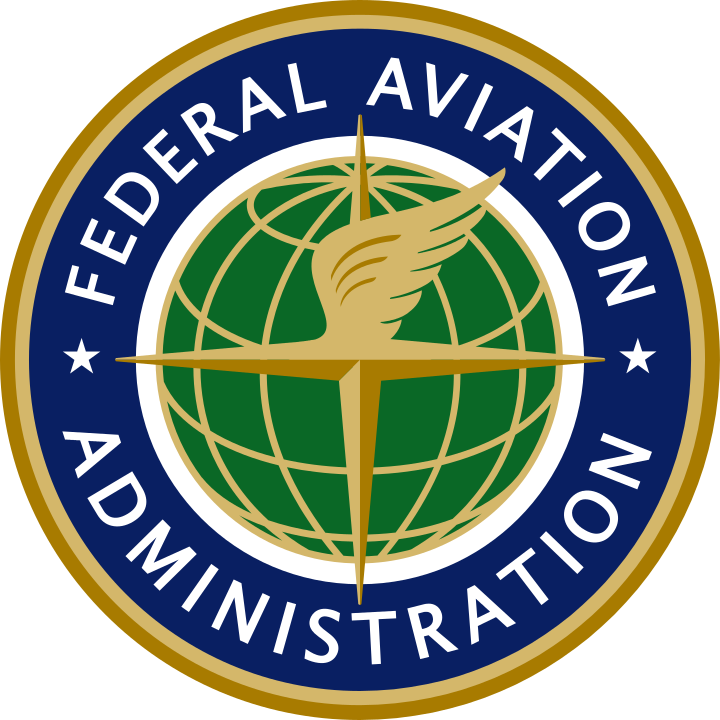By Paul Dean, 25 August 2018
(UFOs – Documenting The Evidence, Melbourne , Australia
Quote from the article:
“We already know about JANAP–146 and its CIRVIS UFO
reporting procedures, but what about the reference to ‘Air Force Manual 55–11’?
During the late 1960’s ‘Air Force Manual 55–11, Operations, Air Force
Operational Reporting System’ (AFM–55–11) detailed the vital ‘Air Force
Operational Reporting System’ (AFOREPS). The AFOREPS network included several
operational reporting categories, and one of them was the OPREP–3 channel. In
May, 1971, the OPREP–3 system was migrated to the other branches of the US
On and on it goes. CIRVIS reports, MERINT reports,
OPREP–3 reports, Serious Incident Reports… The USAF and, apparently, the FAA,
had numerous, classified sources of UFO cases to investigate. Again, the US Army
told Robert Todd that the ‘…USAF coordinate their investigation and findings
with the Federal Aviation Authority (FAA)…’, and together they accomplished ‘…detailed
follow–on investigations, if required…’. During the course of my research I
have discovered several other channels utilised for UFO reporting. These
include ‘Daily Spot Intelligence Reports’ (DSINTREP), which are swiftly lodged
at the Headquarters of the Numbered Air Forces, and ‘Unit Reports’ (UNITREP)
which are submitted by US Coast Guard ships. There are more. The North American
Aerospace Defence Command (NORAD) has, or at least had, numerous instructions
and command directives that specifically mention ‘Unidentified Flying Objects’,
‘UFOs’ and ‘Objects’. This would be fine if they were solely talking about
stray aircraft, unknown aircraft, balloons and the like. But those more mundane
aerial events were already covered in other doctrine. The old Air Force
Intelligence Service (AFIS) was involved, at minimum, in the logging and
preliminary assessment of UFO cases. Specifically, AFIS’s small Aerospace
Intelligence Division (AFIS/INZ) handled UFO events for the Strategic Air
Command (SAC) and the 8th Air Force in 1975. Likewise, and unsurprisingly, the
USAF’s Assistant Chief of Staff, Intelligence (ACS/I) dealt with UFO
conundrums. Specifically, ACS/I’s highly classified Scientific and Technical
Branch, which was located within the Directorate of Resource Management, was
tasked with keeping track of USAF generated UFO sightings in the 1970’s. And
this is just the tip of the iceberg.
In some ways, the US Army’s revelations to Robert Todd
should be of little surprise. The signs were there all along. The military was
still dealing heavily with the UFO topic after Project Blue Book ended. But now
we have evidence of wider, multi–agency UFO ‘investigation’ rather than just
the receiving of reports. The USAF and the FAA, in hindsight, were should
always have been considered the most logical combination of bodies to
investigate UFO events, at least within the United States
Wikipedia article: “United States Air Force”:
Wikipedia article: “Federal Aviation Administration”:
Related posts:
(wikimedia.org image)
(wikimedia.org image)



